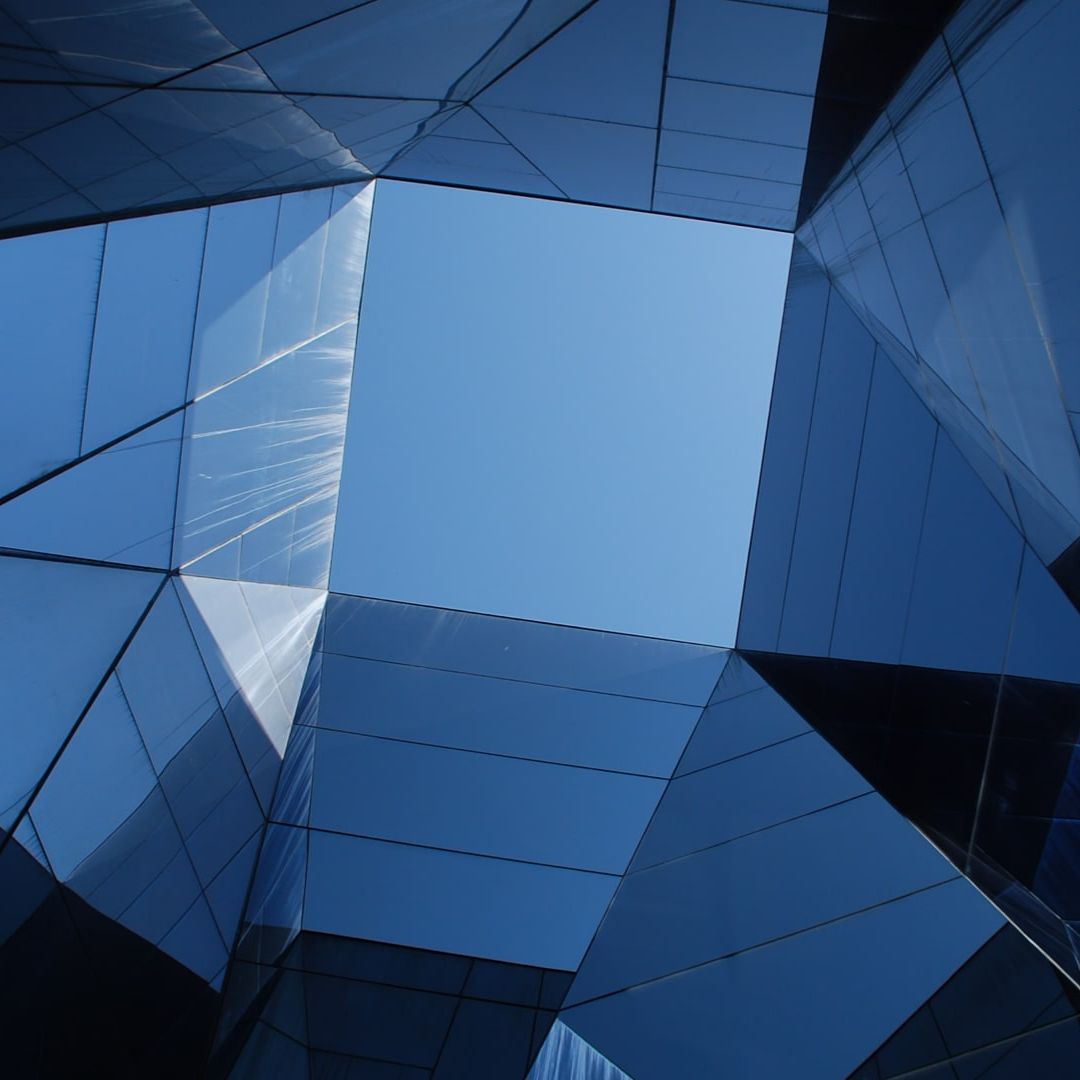Google is reportedly working on a groundbreaking project to create commercial music using artificial intelligence (AI) technology. In a potential collaboration with Universal Music Group (UMG), this endeavor aims to pave the way for the widespread use of AI-generated content and disrupt the media industry as we know it.
The Partnership with Universal Music Group
Alphabet, the parent company of Google, is currently engaged in discussions with UMG to develop a user-friendly tool that will enable individuals to create music using AI algorithms. This tool will utilize existing melodies and voices while ensuring that copyright holders of the original songs are duly compensated. According to insider sources mentioned in a Financial Times report, talks between Google and UMG are ongoing.
The Importance of Media Industry Partnerships
The discussions between Google and UMG highlight the need for AI companies to collaborate with established entities in the media industry. Artists have displayed concerns and apprehensions regarding AI technology's impact on their work. Ongoing protests by Hollywood actors and writers have primarily revolved around demands for guarantees that they will retain control over their digital likenesses, while also avoiding replacement by AI-generated content.
Analysts at Deutsche Bank acknowledge this concern and express confidence in UMG's ability to protect artists' rights while effectively adapting to AI technology. The bank's research note further predicts that generative audio will reach a significant scale by 2024, although the displacement of actors may take longer. Nevertheless, other sectors such as gaming, communications, music, and news should brace themselves for immediate disruption.
Google's Commitment to AI Regulation
In July, Google was among seven companies that met with the Biden administration to address the risks associated with AI technology. As part of their pledges, Google promised to develop mechanisms that would inform users when content is generated by AI, such as implementing a watermarking system. However, they did not commit to disclosing the data used to train their AI systems. This lack of transparency has been a contentious issue for artists who suspect that their work has been utilized in the development of AI models.
In conclusion, Google's ambitious project to create AI-generated music in collaboration with UMG has the potential to revolutionize the music industry. As they navigate the challenges posed by artists and establish trust, the impact of AI technology is expected to extend beyond the realm of music into various sectors, reshaping the future of gaming, communications, and news.

 Charles J. Laurent
Charles J. Laurent

Leave A Reply
Your email address will not be published. Required fields are marked *